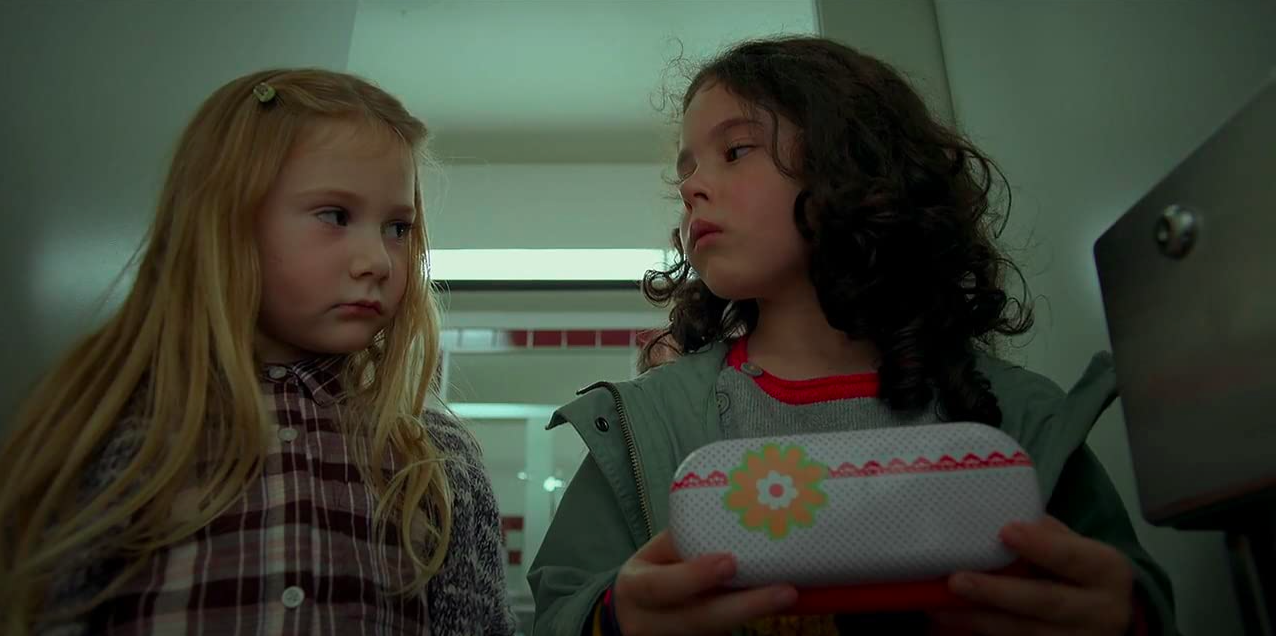Lots of films resonate deeply with me. There are numerous coming-of-age narratives, focused on young, white, middle-class girls, ranging from Olivia Wilde’s Booksmart (2019) to Kelly Fremon Craig’s Edge of Seventeen (2016). I watched these films almost religiously when I was getting through high school and my first two years of college, as I felt more and more comfortable with discussing and sharing my opinions on the dynamics of what was occurring on screen. This comfort came in part from seeing myself and my experiences played out through characters like Amy, Molly, and Nadine. Like Amy and Molly, I, too, worried about finding a balance between college prep and enjoying precious time as a teenager in a small town. Like Nadine, I struggled with depression and navigating the social standards of high school. Because of my identification with these characters, I can easily attest to the existence of emotions, technicalities, and more in my critical analyses.
However, this is a privilege. Not everyone sees themselves on screen or in other forms of art as often as they should. This creates a problem. Outreach efforts to get young people more interested and involved in film criticism need to focus on such issues. It’s somewhat easier and more enjoyable to analyze a piece of art when one is able to translate and relate it to lived experience.
Maybe it seems a little self-centered of me to think so. However, when one considers underrepresented and marginalized communities having to continuously view the same white-centered, westernized stories again and again, the task becomes tiresome. Critical analysis becomes a chore, rather than an enjoyable method of expressing oneself.
Professional critics don’t directly get to decide what content production companies put out. While there have certainly been advances in the right direction, with mainstream blockbuster films such as Crazy Rich Asians (2018), Black Panther (2018), The Hate U Give (2018), and Parasite (2020) gaining increasing traction, much more work needs to be done in the industry as a whole. Giving young people the opportunity to engage with works that align with their identities, regardless of the works’ popularity or awardability, can create the necessary change that will bring the youth closer to film criticism. Allow young creators to choose their own paths and to bring their selected representative films to the forefront. Being able to create a conversation through criticism is powerful, but not everyone feels comfortable enough to do so when they feel they might not be heard. Diversifying the source material will bring in more diverse youth voices.


